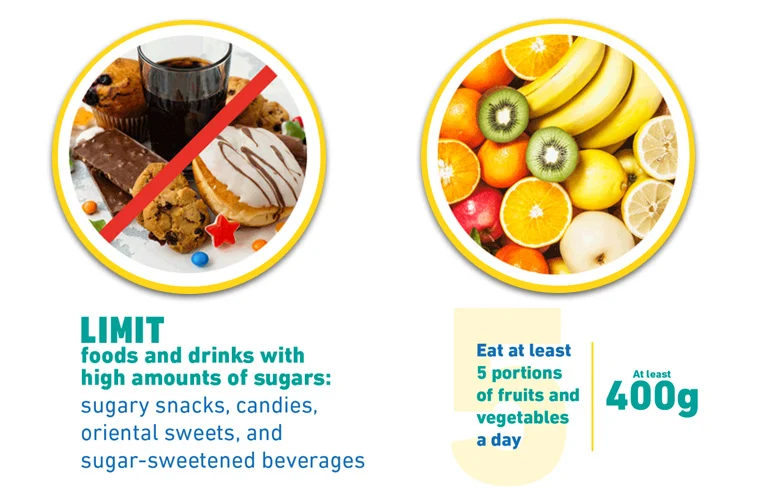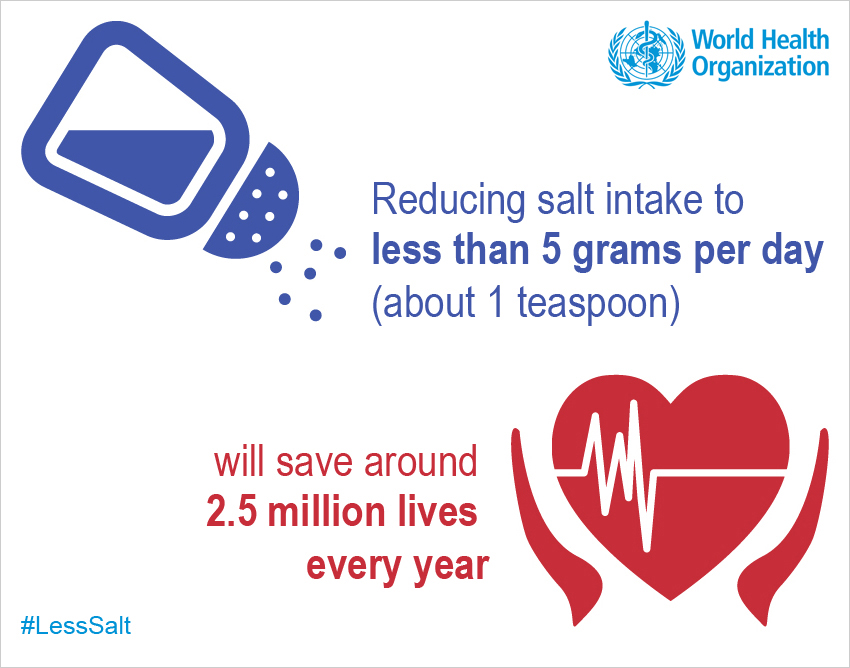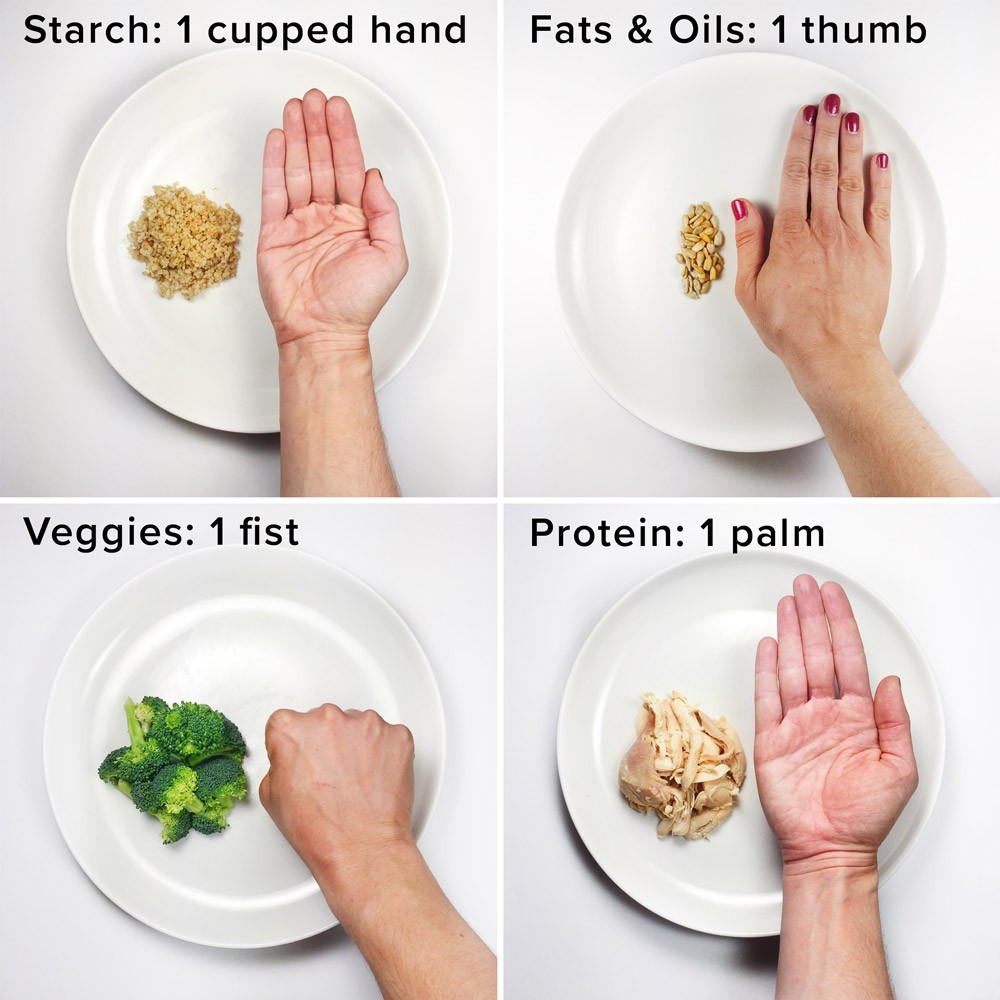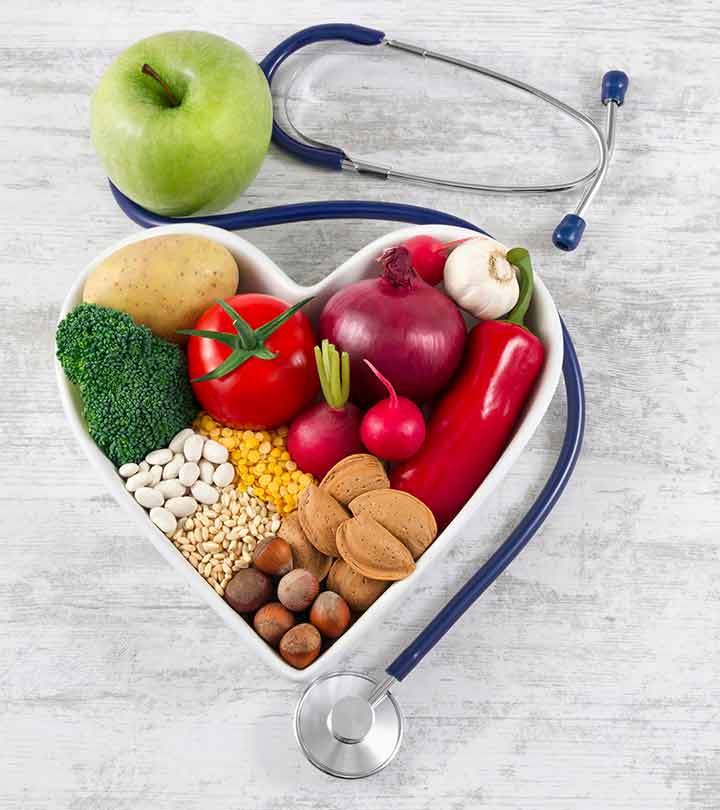With 2023 all set to kick off in a few days time, a lot of people are set to take different new year’s resolutions. Whatever those resolutions may be, a healthy and balanced diet always goes a long way in supporting your active lifestyle by increasing your energy levels. Moreover, being mindful of what you eat and drink helps you avoid diseases and fight infections easily, thereby increasing your immunity.
Diets and their ingredients may vary based on the body needs and goals of an individual, however, there are a few good eating practices that everyone can adopt irrespective of their age and underlying health conditions.
Here are 3 useful practices to follow starting today for becoming healthier:
1) Limit Sugar Intake

Excessive sugar intake is responsible for obesity, lethargy as well as frequent energy crashes throughout the day. It also damages your teeth and cardiovascular health which can lead to chronic diseases in the future.
Fizzy sodas, ice creams and candies contain enormous amounts of sugar, even if you eat very small portions.
For instance, a single can of your favourite soft drink may contain around 9-10 teaspoons of sugar. This is particularly harmful for children and leads to unhealthy weight gain and obesity from a very young age.
That’s why the government in the U.K started charging higher taxes on drinks with excessive amounts of sugar in a bid to generate public awareness about the issue.
Cutting back on sugar needs to be a conscious effort that starts with putting the processed and packaged foods you consume under the microscope. Check the labels of all such products carefully. Moreover, replace sugary sweets with healthy and fresh snacks such as fruits.
2) Cut Back on Salt

Just like sugar, excessive salt intake is very unhealthy for our body since it raises the blood pressure levels significantly, which puts you at an increased risk of stroke and heart diseases.
Packaged and processed items often contain very high levels of sodium which makes you cross the WHO recommended daily limit of 1 teaspoon( 5 grams) without even paying attention.
To minimise your salt intake, use it sporadically while preparing food at home. Moreover, avoid having ketchup, soy sauce and other such condiments that have significantly high levels of salt in them.
It might feel difficult for people who are used to a lot of salt in their food too suddenly cut back, so the key is to do it gradually in moderation. Start by reducing the salt used in cooking at home instead of eliminating it altogether. It also becomes easier when you avoid keeping sauces and salt & pepper shakers on your dining table. Going about it slowly will give your mind and taste buds time to adjust and form this healthy habit.
3) Portion Your Meals

A lot of people make the mistake of excessively and habitually overeating, especially when they switch to a healthy diet. Instead of giving into their cravings for sugary, salty and fried foods; they end up stuffing themselves with healthy food which is equally bad for the body.
Overeating slows down your digestion and decreases your metabolism. It also puts a lot of pressure on your body to process so much food in one go which will definitely make you feel uneasy and nauseous.
To avoid such scenarios, drink a glass of water 15 minutes before your meal. This will help you limit your appetite. Moreover, make sure that you stop eating just a little before feeling full. Scientifically speaking, it takes close to 20 minutes from the time you start eating for your brain to send out signals of fullness. So eat slowly and eat a predefined portion to improve your eating habits.
Other good practices like avoiding trans fats, eating more fruits and green vegetables as well as diversifying your meal choices can help you turn healthy eating into a lifelong habit.



